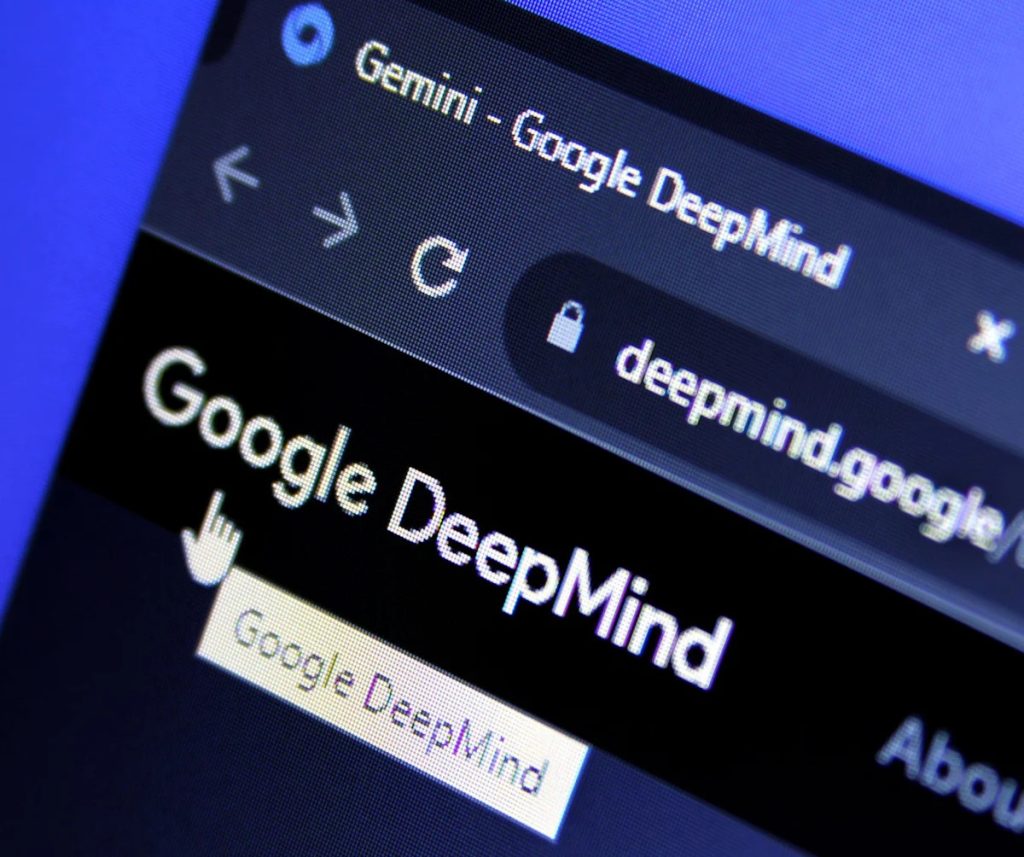A star Chinese artificial intelligence researcher has left Anthropic to join a rival company, citing the American AI start-up’s “anti-China statements” as a key reason for his departure.
Yao Shunyu, according to a post on his website on Monday, left Anthropic after less than a year to join Google DeepMind, partly because of his “strong” opposition to the start-up’s characterisation of China as an “adversarial nation” and its broader rhetoric.
Anthropic labelled China as so last month when it began barring subsidiaries of Chinese companies anywhere in the world from accessing its services.
Do you have questions about the biggest topics and trends from around the world? Get the answers with SCMP Knowledge, our new platform of curated content with explainers, FAQs, analyses and infographics brought to you by our award-winning team.
“Although, to be clear, I believe most of the people at Anthropic disagree with such a [characterisation], I don’t think there is a way for me to stay,” Yao wrote.

Google DeepMind has hired Yao Shunyu as a senior research scientist in its core Gemini team developing its flagship foundational models. Photo: Dreamstime/TNS alt=Google DeepMind has hired Yao Shunyu as a senior research scientist in its core Gemini team developing its flagship foundational models. Photo: Dreamstime/TNS>
According to his resume, Yao earned a PhD in theoretical and mathematical physics from Stanford University. He did his undergraduate studies at Tsinghua University, where he earned the presidential award and the Yeh Chi-Sun prize, the highest awards for undergraduates at the elite Chinese institution.
After completing a postdoctoral fellowship at University of California, Berkeley, Yao joined Anthropic in October 2024 and worked on the development of its Claude 3.7 Sonnet model, which was released in February.
In his post, Yao said he chose Anthropic because it was one of the best places for physicists to start their careers in AI research.
“Relative to physics, AI moves insanely fast and, looking back, I am surprised by how much has happened in the past year,” he wrote.
There was another major reason for his departure, Yao wrote, but it was “more complicated” and could not be disclosed as it involved confidential information. “It was good with you, but it is better without you,” he wrote.
According to a 2022 study by MacroPolo, a now-defunct think tank, 38 per cent of top-tier AI researchers working in US institutions came from China, which was more than those from the US itself.
Recent high-profile hires at Facebook owner Meta Platforms for its superintelligence team included several graduates of elite Chinese universities.
Anthropic’s rhetoric on China has mirrored that of the Trump administration, which has called Chinese AI “adversary AI”. Its CEO Dario Amodei has previously warned about the risk of Chinese industrial espionage targeting US AI companies.
Other leading American AI firms like OpenAI have also ramped up criticism of China in recent years, including direct attacks on competitors such as Hangzhou-based DeepSeek and Beijing-based Z.ai.
In contrast, Google DeepMind CEO Demis Hassabis, whose mother is Chinese-Singaporean, has called for the US and China to work together on issues of mutual interest like AI safety.
A former employee, who requested anonymity, said there was some uneasiness among AI researchers from China and elsewhere at OpenAI owing to its rhetoric on China.
Yao is now a senior research scientist in Google DeepMind’s core Gemini team developing its flagship foundational models.
Last month, another star Chinese AI researcher also named Yao Shunyu reportedly left OpenAI to join Tencent Holdings. Yao has been meeting different teams in his new capacity at Tencent, an employee told tech news site The Information.
This article originally appeared in the South China Morning Post (SCMP), the most authoritative voice reporting on China and Asia for more than a century. For more SCMP stories, please explore the SCMP app or visit the SCMP’s Facebook and Twitter pages. Copyright © 2025 South China Morning Post Publishers Ltd. All rights reserved.
Copyright (c) 2025. South China Morning Post Publishers Ltd. All rights reserved.

